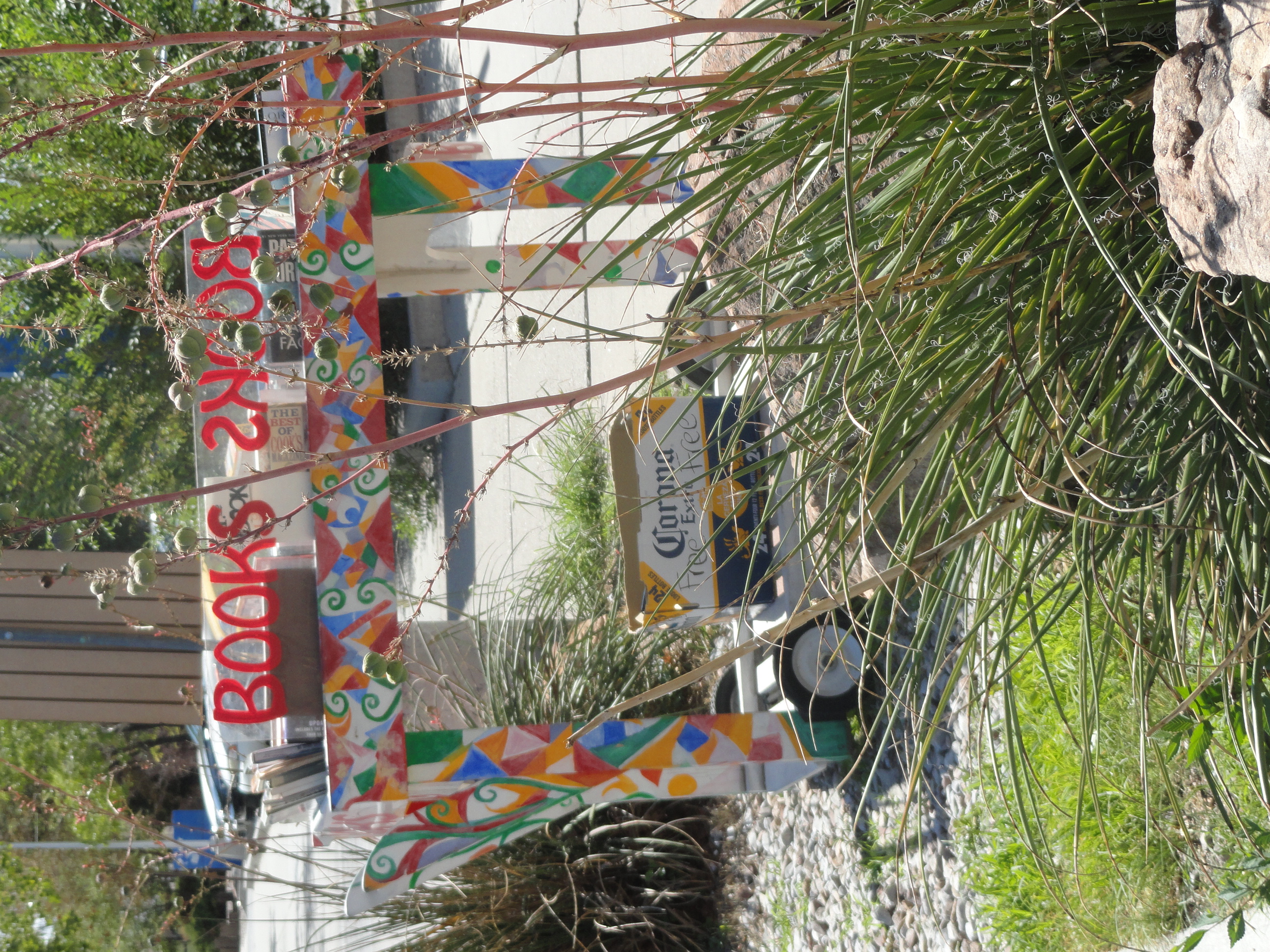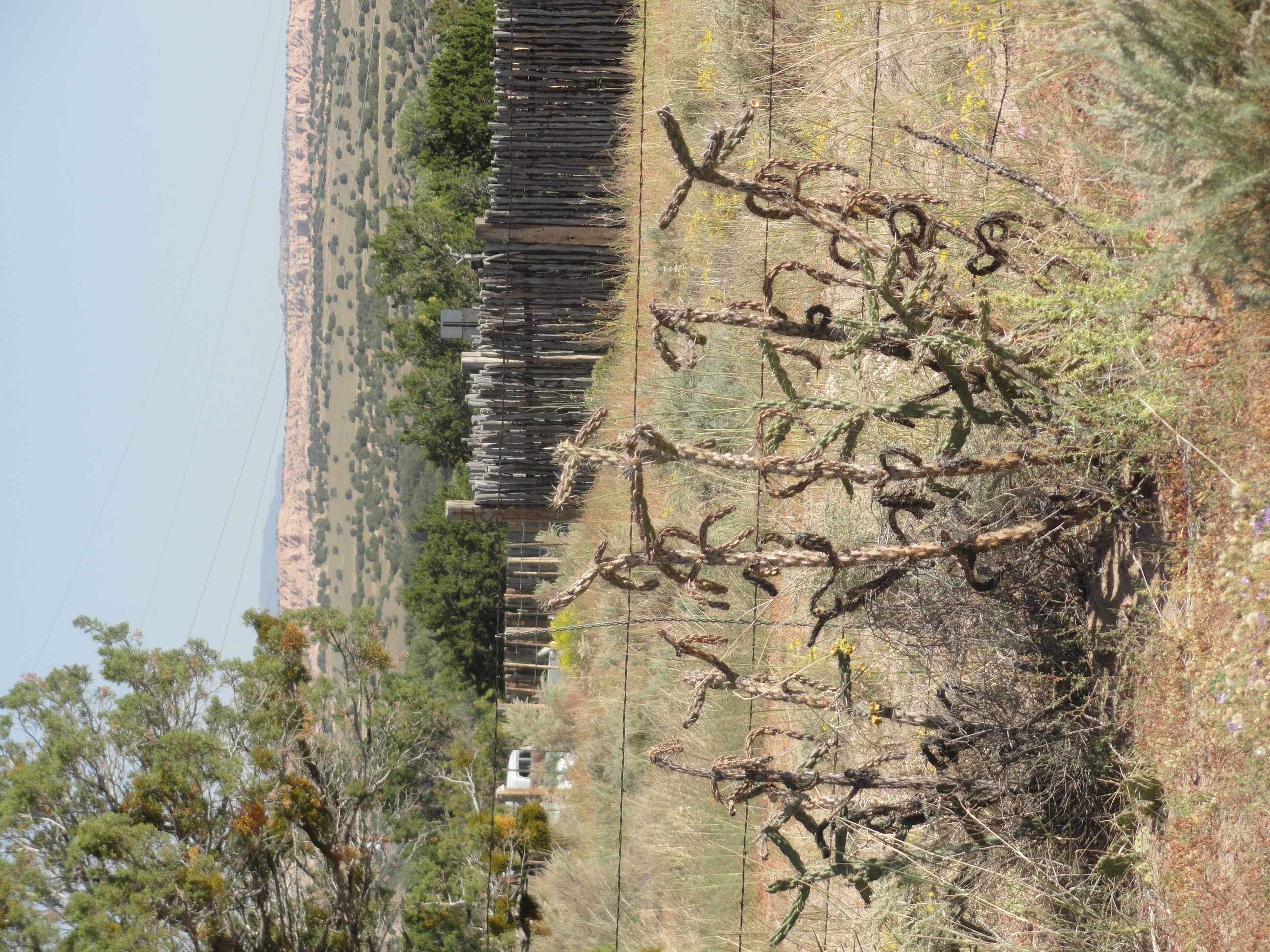Sometimes people say to me, "You're patient with your own children but pushy with unschooling parents." I don't go door to door asking people if they know about unschooling, and whether they'd like to know more. If they come where I already am, though, I might press. And when I do, it's because of the possibility that they will run out of time.
My kids have their whole lives to memorize 7x8 if they want to.
The mother of a twelve year old has VERY little time if she wants to help her child recover from school and spend a few unschooling years with him before he's grown and gone. She doesn't have time to ease into it gradually. If she stalls, he'll be fifteen or sixteen and it just won't happen.
If the mother of a five year old is trying to decide how much reading instruction and math drill to continue with before she switches to unschooling, I would rather press her to decide toward "none," because "some" is damaging to the child's potential to learn it joyfully and discover it on his own. And "lots" will only hurt that much more. "None" can still be turned to "some" if the parent can't get unschooling. But if she doesn't even try unschooling, she misses forever the opportunity to see that child learn to read gradually and naturally. It will be gone forever.
Forever.
That's why I don't say, "Gosh, I'm sure whatever you're doing is fine, and if you want to unschool you can come to it gradually at your own pace. No hurry."
SandraDodd.com/schoolinmyhead
photo by Sandra Dodd










